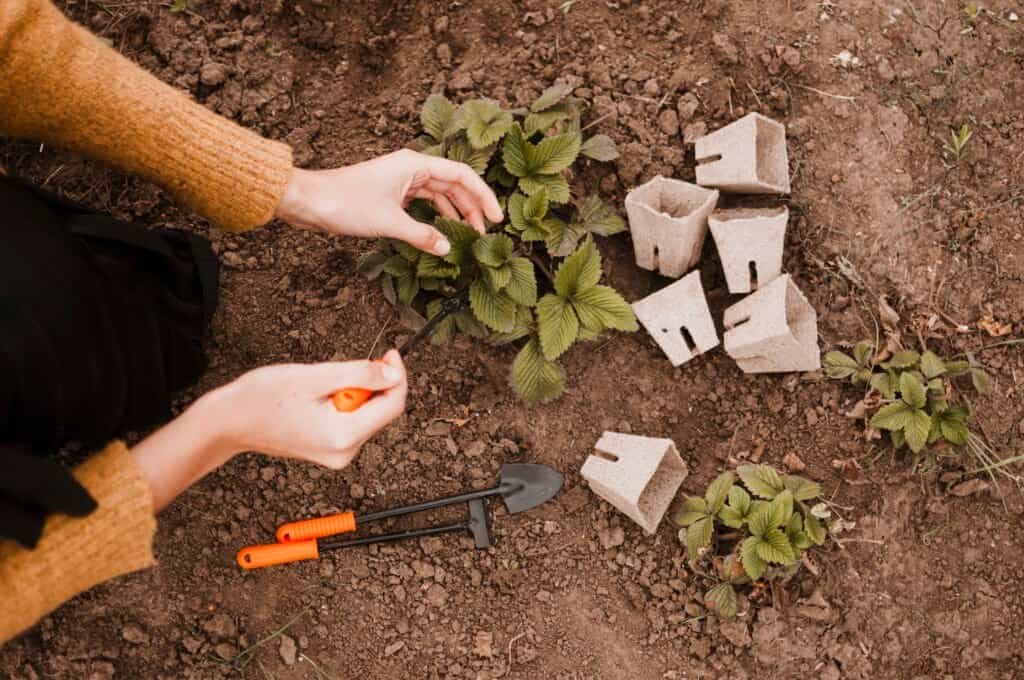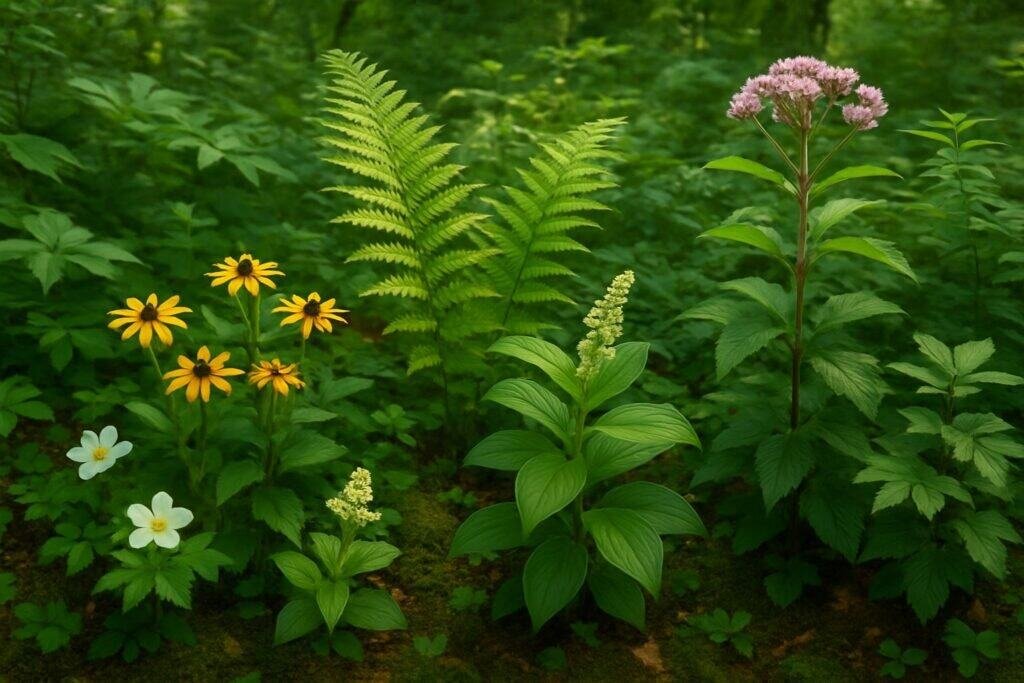Introduction
At Soil Matters, we’re dedicated to promoting sustainable gardening practices that benefit both the environment and your garden. Composting is one such practice that stands out as a game-changer. In this blog post, we’ll delve into why composting is essential for sustainable gardening and how you can get started on your composting journey.
What is Composting?
Composting is the natural process of recycling organic waste, such as kitchen scraps and yard waste, into a valuable soil amendment called compost. This process involves the decomposition of organic matter by microorganisms, resulting in nutrient-rich material that enhances soil health and fertility.
Why Composting is a Game-Changer
1. Significant Waste Reduction
Composting plays a crucial role in reducing the amount of organic waste that ends up in landfills. By composting kitchen scraps, yard clippings, and other organic materials, you divert waste from landfills, reducing methane emissions and lowering your carbon footprint.
2. Enhanced Soil Health
Compost enriches the soil with essential nutrients, improving soil structure, texture, and fertility. The addition of compost to your garden enhances plant growth, resulting in healthier and more productive plants.
3. Improved Water Retention
Compost increases the soil’s ability to retain moisture, which is particularly beneficial in areas prone to drought or water restrictions. This means your garden can thrive with less frequent watering, conserving water resources and reducing your water bills.
4. Natural Pest and Disease Control
The beneficial microorganisms in compost help create a healthy soil ecosystem, which can naturally reduce the prevalence of plant diseases and pests. This reduces the need for chemical pesticides, promoting a healthier and more balanced garden environment.
5. Cost Savings
Creating your own compost saves money on commercial fertilizers and soil amendments. Compost provides a free, natural alternative to chemical fertilizers, making sustainable gardening both economical and environmentally friendly.
6. Climate Change Mitigation
Composting helps sequester carbon in the soil, playing a role in climate change mitigation. By diverting organic waste from landfills and turning it into compost, you help reduce greenhouse gas emissions and enhance soil carbon storage.
How to Start Composting
1. Choose a Composting Method
Several composting methods are suitable for different spaces and needs:
- Backyard Composting: Using a compost bin or pile to compost yard waste and kitchen scraps.
- Vermicomposting: Using worms to decompose organic material, ideal for small spaces and indoor composting.
- Bokashi Composting: An anaerobic method using a special bran to ferment kitchen waste.
2. Set Up Your Compost Bin
Select a compost bin or build a compost pile in a well-drained, accessible location. Ensure good airflow and drainage to facilitate the decomposition process.
3. Add the Right Ingredients
A successful compost pile requires a balance of green (nitrogen-rich) and brown (carbon-rich) materials. Green materials include fruit and vegetable scraps, coffee grounds, and grass clippings. Brown materials include leaves, straw, and cardboard.
4. Maintain Your Compost Pile
Regularly turn your compost pile to aerate it and speed up decomposition. Keep the compost moist, but not too wet, to maintain the right conditions for microbial activity.
5. Harvest Your Compost
Compost is ready when it is dark, crumbly, and has an earthy smell. This process can take anywhere from a few months to a year, depending on the method and materials used. Use your finished compost to enrich garden beds, potting mixes, and lawns.

Conclusion
Composting is more than just a way to reduce waste; it’s a transformative practice that can significantly enhance the sustainability of your gardening efforts. By turning organic waste into nutrient-rich compost, you not only improve the health and productivity of your garden but also contribute to a healthier planet. At Soil Matters, we believe in the power of composting as a key component of sustainable gardening.
For more tips on sustainable gardening and eco-friendly practices, visit Soil Matters and discover how you can make a positive impact on the environment.


